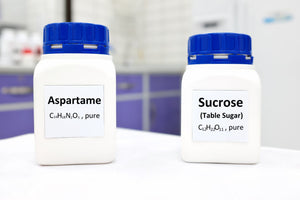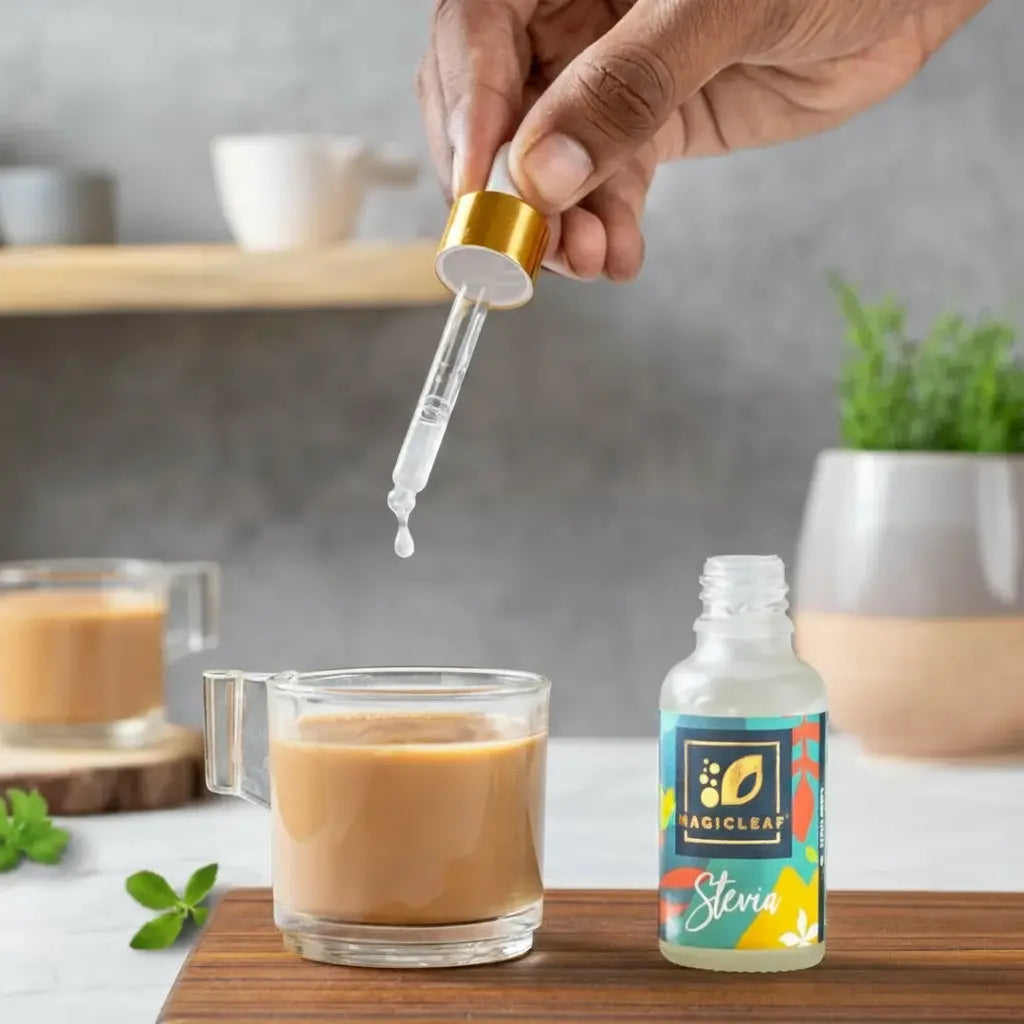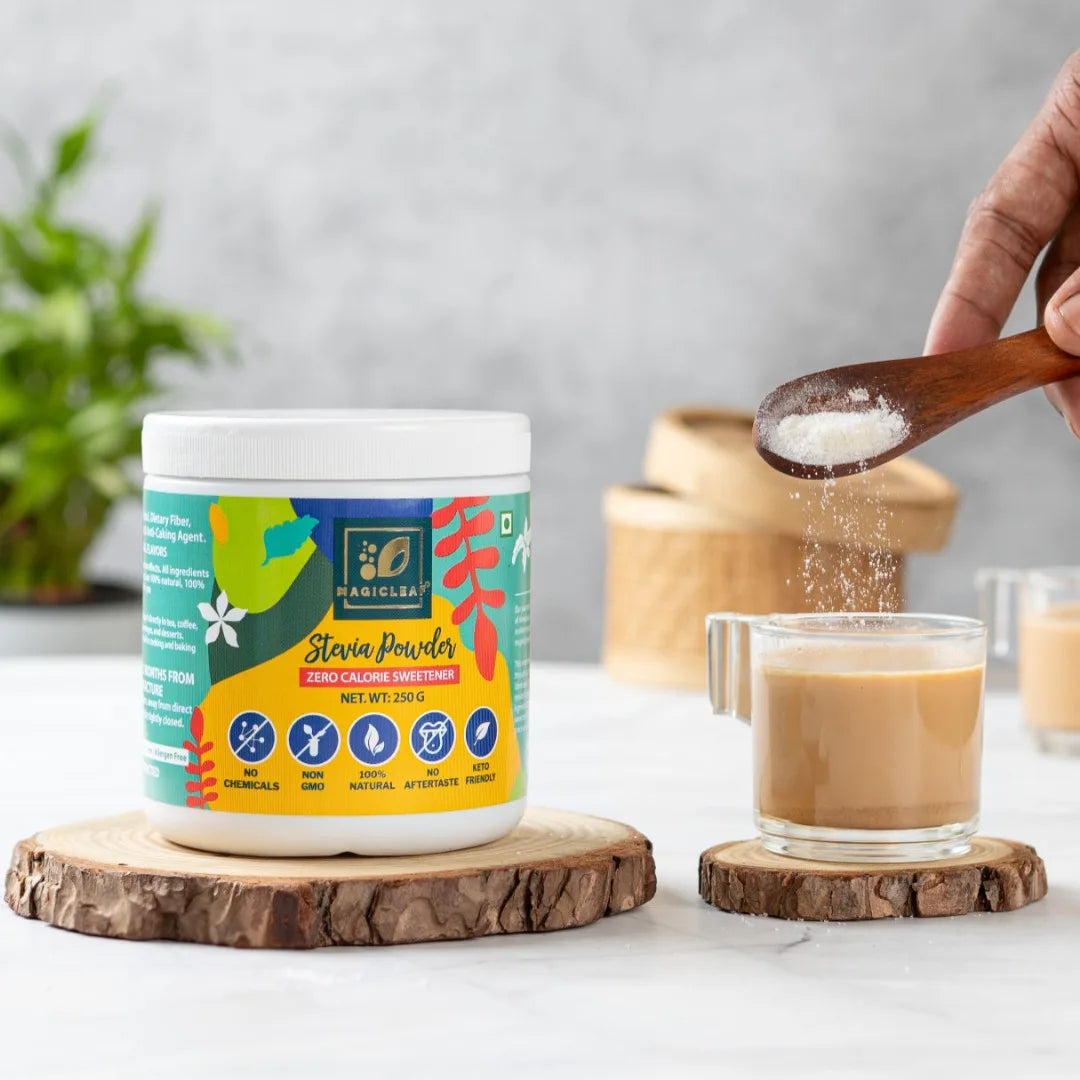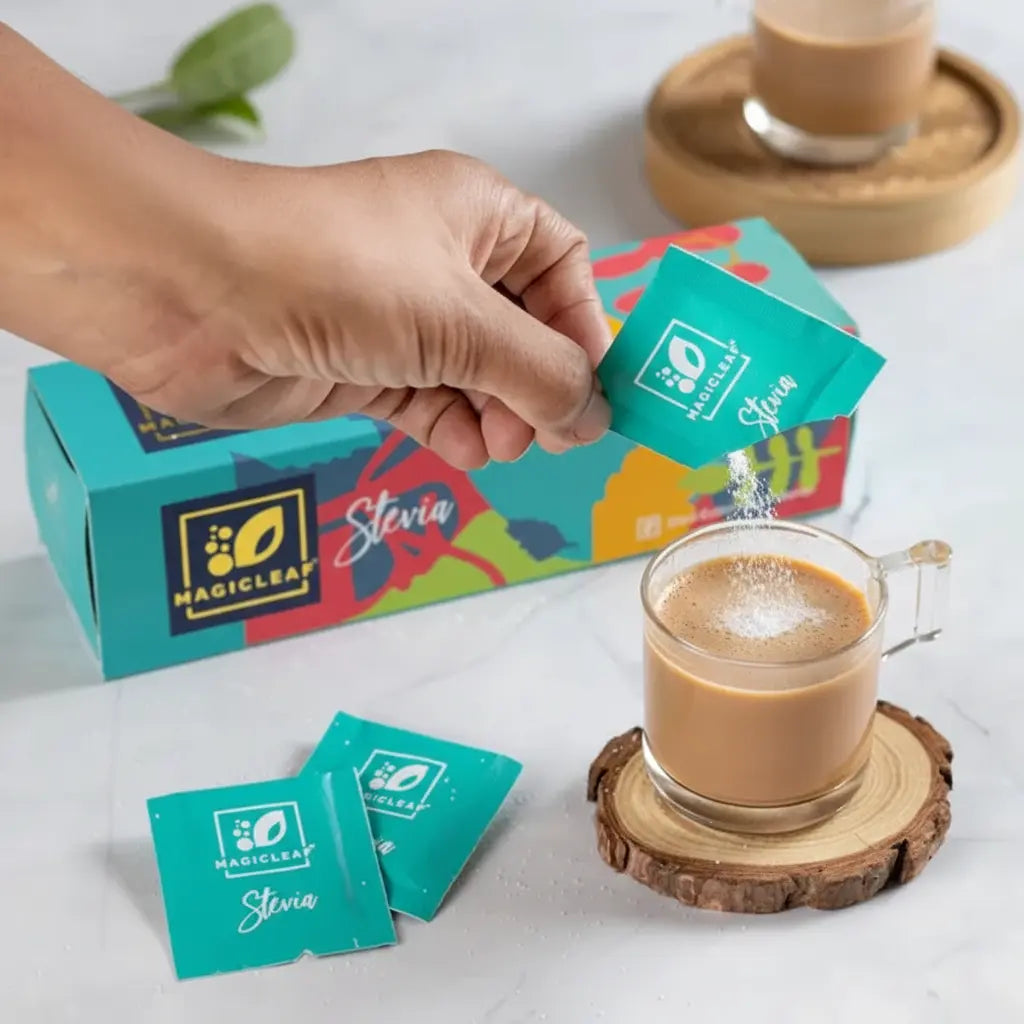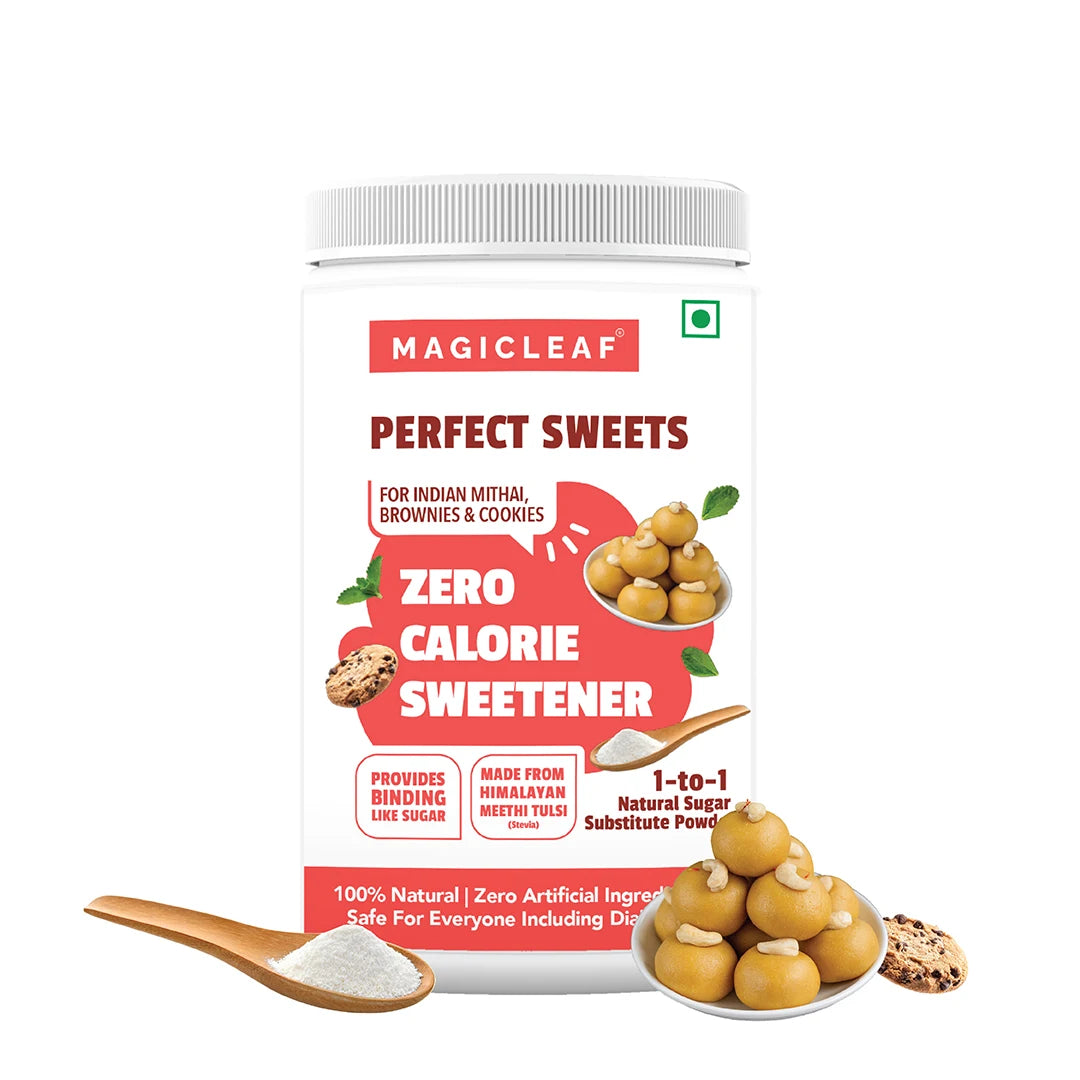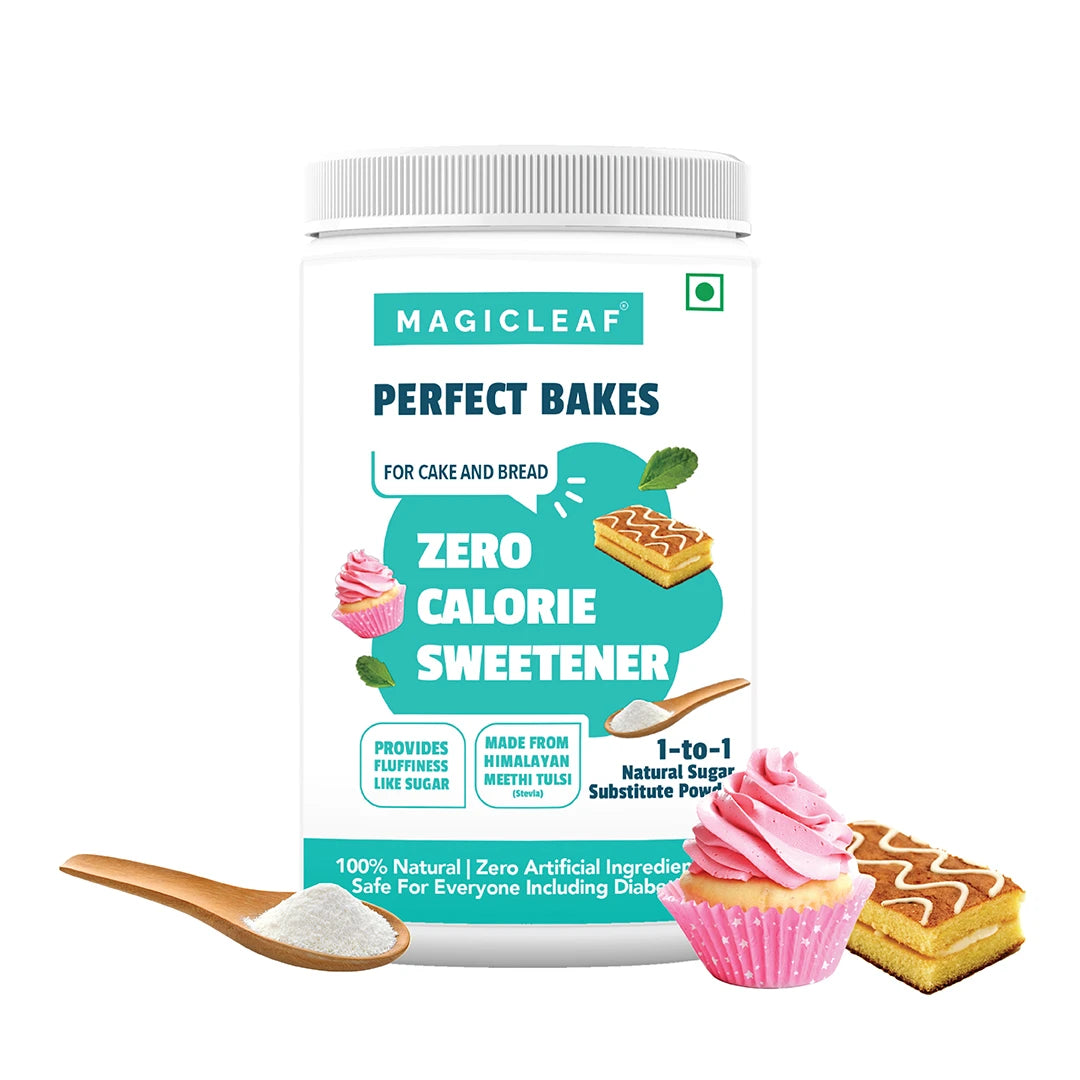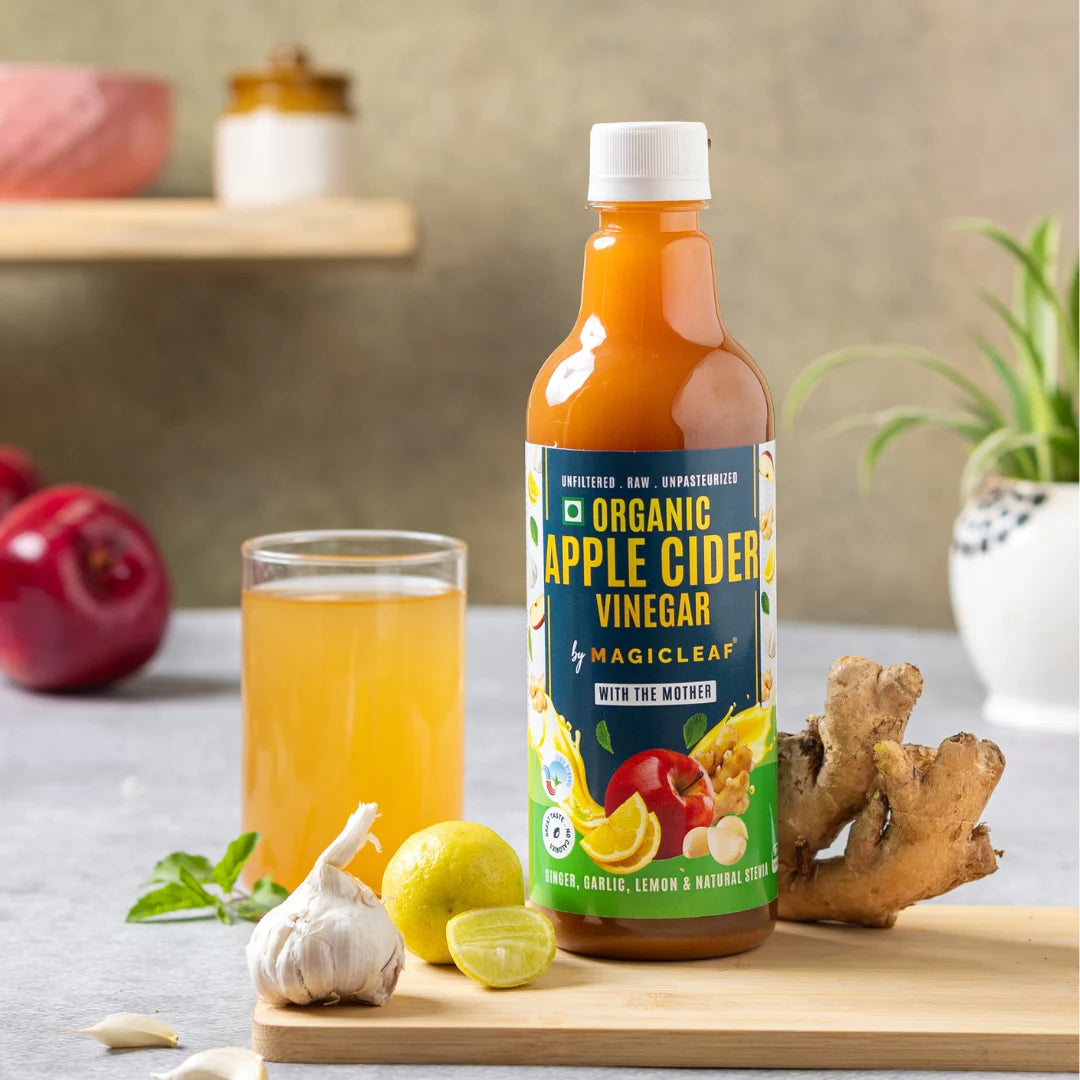Ever questioned; how any of the artificial sweeteners came into the market?
The history of artificial sweeteners comprises the most bizarre and accidental discoveries, some of which are enough to question their purpose.
Let’s look back at the unearthing of some high-intensity sweeteners; consumed globally.
Saccharin, where it all began.
The accidental discovery of saccharin in 1879 by two Johns Hopkins University scientists, Remsen and Fahlberg, led to the sugar substitute revolution. Saccharin’s accidental discovery came into existence; when Fahlberg tasted some sweet compound on his hand while developing coal tar derivatives. Upon tasting various chemicals in the laboratory that he had worked with that day, he found that the sweet sensation owes to benzoic sulfinide, formed by the reaction between sulfobenzoic acid, phosphorus chloride, and ammonia. Saccharin which is 200-700 times sweeter than sucrose, became widely popular due to the sugar shortage following World War I. It resulted in the lifting of the ban implemented in 1912 on the usage.
Cyclamate, the successor.
Aspartame, following the trend.
In yet another episode of ‘accidentally licked something sweet off of my finger’, comes the discovery of Aspartame, a low-calorie sweetener that is approximately 200 times sweeter than sucrose. James Schlatter, a research chemist for G.D. Searle and Company, discovered Aspartame in 1965 while developing a new anti-ulcer drug. Aspartame breaks down in the body into its two main components, aspartic acid, and phenylalanine, along with a small amount of methanol. With time Aspartame has gained immense popularity and is most commonly used to sweeten food and beverages.
Acesulfame-K, another sweet accident.
If you haven’t guessed it by now, yes, the discovery of Acesulfame-K, also known as Ace K, ACK, or Acesulfame Potassium, was another fortuity. The sweetener was discovered when…(drum roll) a scientist unintentionally tasted a sweet compound while licking his finger.
The sweetener, 200 times sweeter than sucrose with a bitter aftertaste, was discovered by chemist Karl Clauss in 1967 while working with two very reactive substances, 2‑Butyn and fluorosulfonyl isocyanate. Further experimenting with the newfound substance, acesulfame was introduced in the market in combination with potassium acetate.
Today, it is used in combination with other high-intensity sweeteners such as Aspartame or Sucralose to mask the bitter aftertaste.
Sucralose, can't be another accidental discovery, right?
Wrong! The discovery of Sucralose was yet another accident (surprise). Sucralose was discovered in 1976 when researchers molecularly bonded sucrose and chlorine molecules, and one of the researchers misheard the direction and accidentally tasted the compound instead of testing it. This led to another sugar substitute taking over the market, which was 600 times sweeter than table sugar. Sucralose sweetener soon became the preferred choice in cooking and baking because it was reasonably stable than the other sweeteners when heated.
The artificial sweetener list is a long one, with active usage in the food and beverage industry. Looking at the history, another discovery may merely be another eventful accident away.
All we can say is, ‘necessity is the mother of invention and bravery that of accidental discoveries’.

